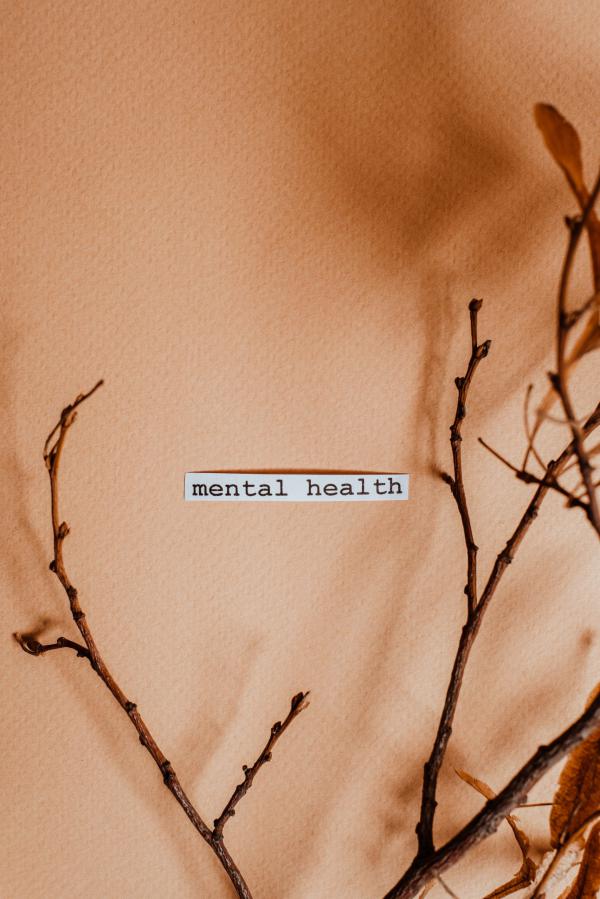
You may not think that nutrition is as important for your mental health as it is for your physical health, but it’s true! With the stigma around mental illness slowly dissipating, more and more people are opening up about their struggles with mental health. As someone who has experienced mental illness myself, the connection between nutrition and mental health has always fascinated me.
For example, many mental health conditions can cause unplanned weight change, low appetite, and low motivation to prepare food. Different psychiatric medications can also cause fluctuations in appetite and eating habits. Furthermore, food insecurity and mental illness often go hand-in-hand, so it is important for food insecure individuals to have access to affordable and healthy foods.
Some key nutrients to pay attention to for your mental health are:
- Fibre: the gut and the brain have a very strong connection, and fibre is important for gut health because it helps feed the good bacteria in your gut. Find fibre in whole grains, beans, fruits and veggies. Hot tip: wash your vegetables and keep the skin on during cooking for an extra boost of fibre and lots of other nutrients!
- Omega 3s: many foods high in omega 3s are widely known as “brain food,” and for good reason! Consumption of omega 3 fatty acids benefits learning and memory, as they actually help build brain cells. Find this key nutrient in foods like fatty fish, nuts and seeds, and plant oils.
- Vitamin K: a vitamin that is crucial for proper function of the nervous and immune systems, vitamin K can be found most abundantly in leafy green vegetables like spinach, kale and broccoli.
- Vitamin D: maybe this is part of the reason why we feel so happy after spending time in the sun? Vitamin D is a neuroprotective nutrient found in foods like fish, dairy products and fortified plant milks. You can also get a good dose of vitamin D by spending time in the sunshine.
- Prebiotics and probiotics: These go hand in hand with fibre as they are “good” bacteria in your gut that can benefit your mental health. Prebiotics can be found in foods like artichokes, onions, berries and soybeans. Probiotics are commonly found in fermented foods like kimchi, kefir, tempeh and even some yogurts.
A healthy, balanced diet can improve mental health by stabilizing appetite, providing a more regular eating routine, and boosting energy levels. Of course, good nutrition should go hand-in-hand with any necessary therapy or medications as prescribed by your doctor or therapist. As one of my mentors always says: “what’s good for your body is good for your brain.”




